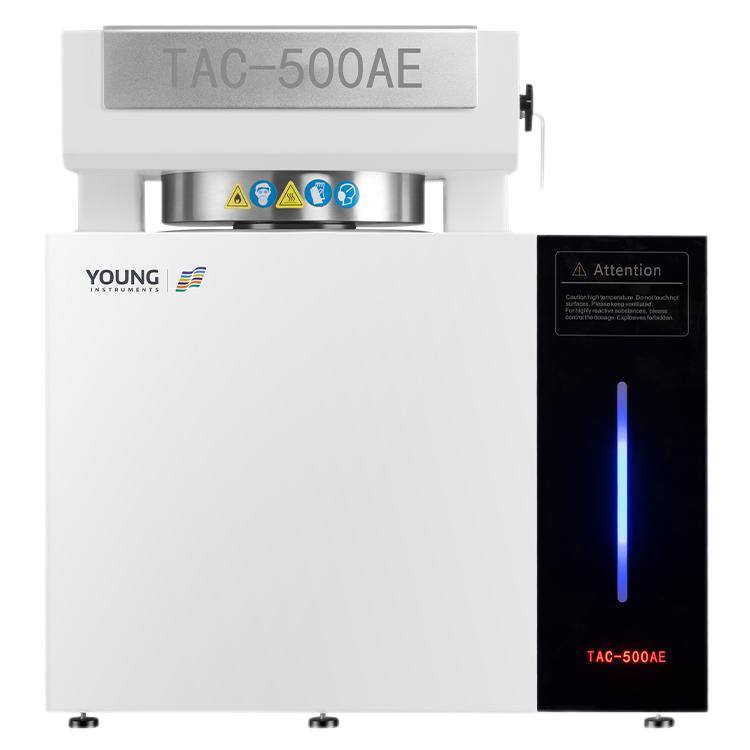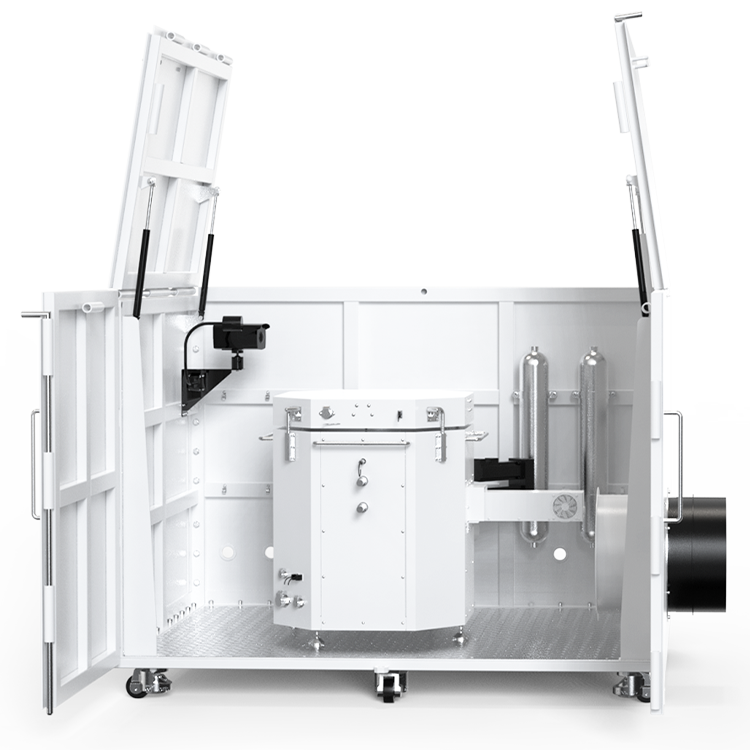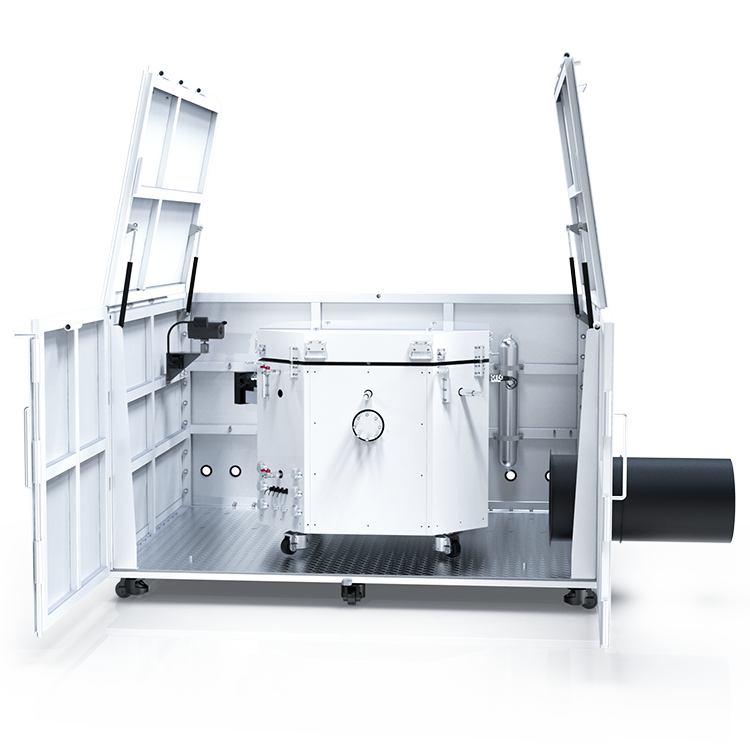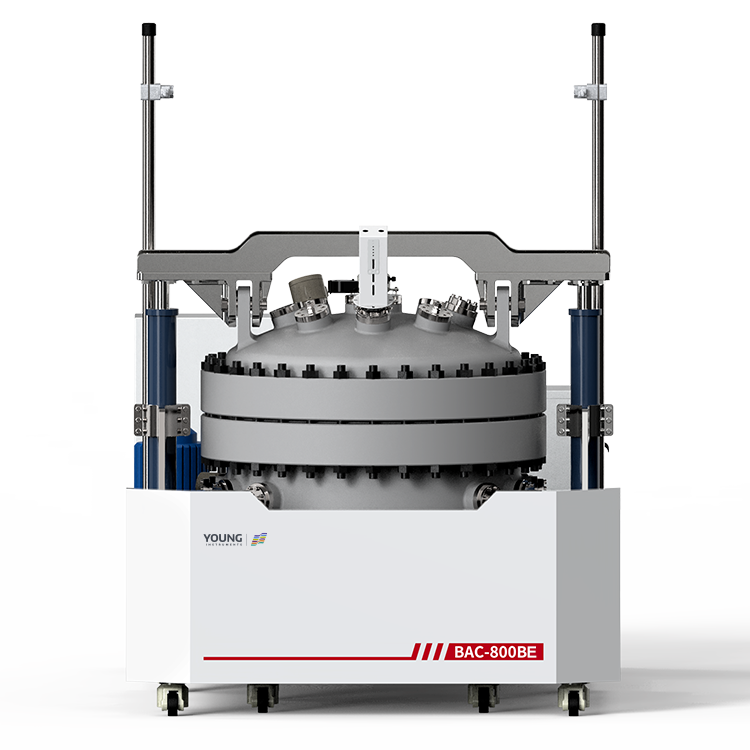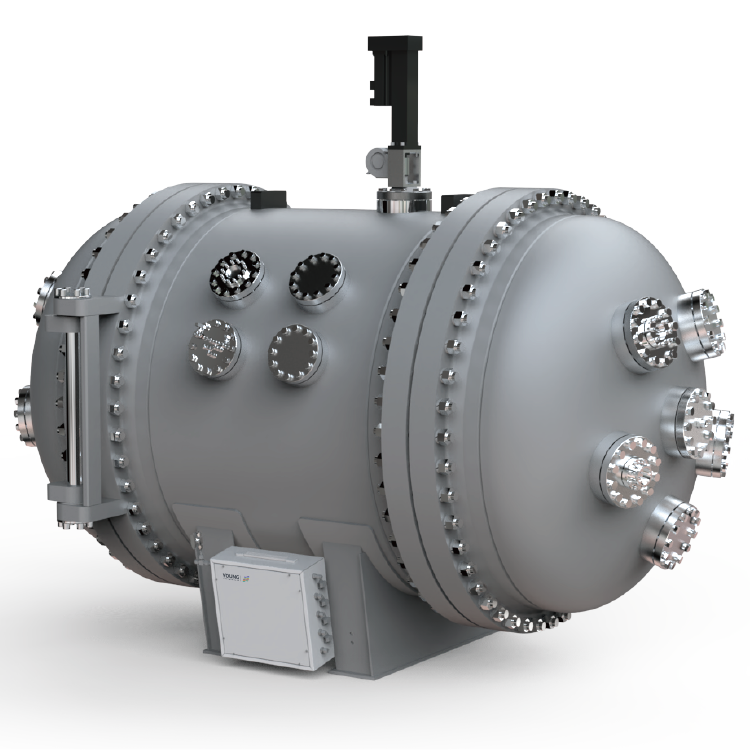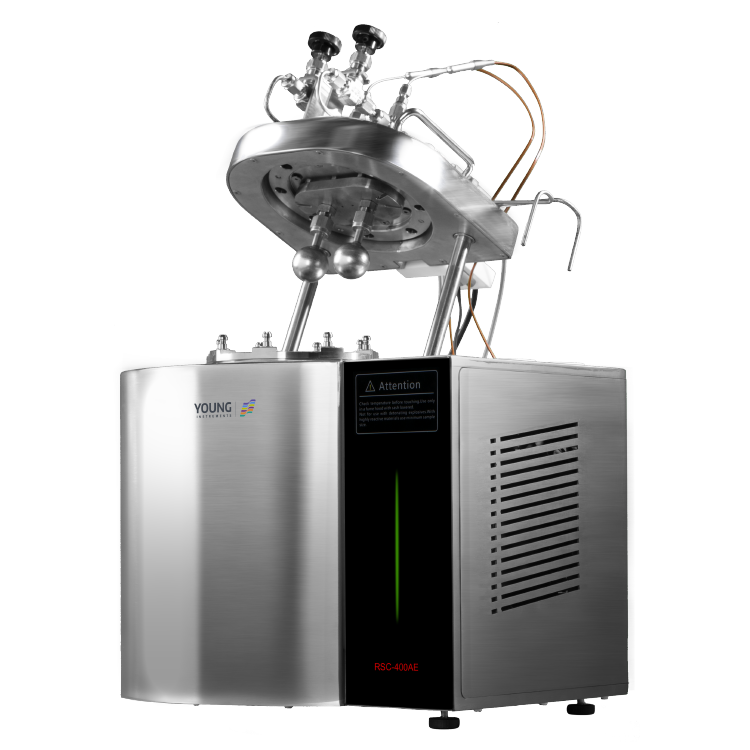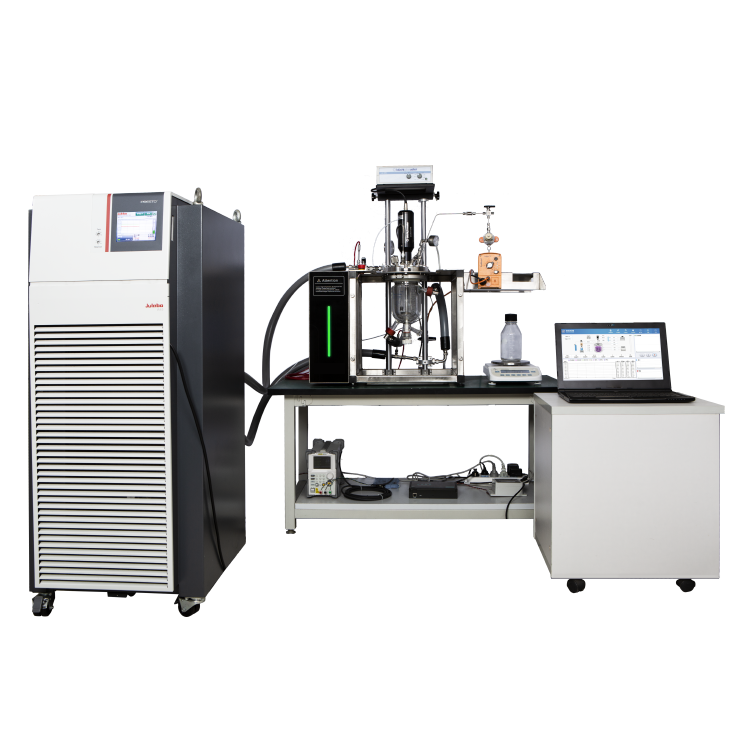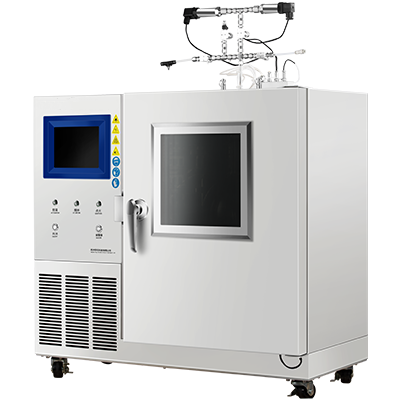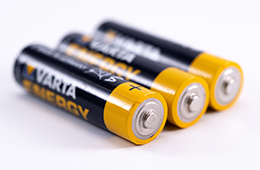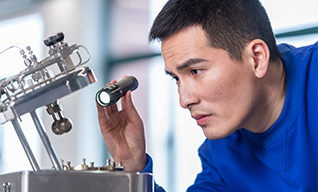Battery Adiabatic Calorimeter Studies on the Thermal Stability of NCA811 Batteries under Conditions of Excessive Moisture.
Associate Professor Lin Chunjing and Associate Professor Liu Xi from Chongqing University of Technology and their research team published a paper titled “Changes in Performance and Thermal Stability of Ni0.8Co0.1Al0.1/Graphite Batteries with Excessive Water” in the journal IET-The Institution of Engineering and Technology.
This study utilized the Small Battery Adiabatic Calorimeter( BAC-90AE) as the primary testing instrument to simulate and investigate the complex changes in battery performance and safety caused by water absorption after battery rupture.

Application of BAC-90AE in this study:
- HWS Thermal Runaway Test
In the study of battery thermal stability, the Heating-Waiting-Searching (H-W-S) test conducted using an Accelerating Rate Calorimeter (ARC) has been widely applied to assess the reaction mechanism of thermal runaway in batteries. The HWS mode is the most conventional analysis mode, which can accurately obtain the characteristic parameters of battery thermal runaway under thermal abuse conditions, including the onset temperature of self-heating (Tonset), the temperature at the start of thermal runaway (TTR), the maximum temperature of thermal runaway (Tmax), the venting temperature (TV), the maximum rate of temperature rise ((dT/dt)max), and the thermal runaway incubation time (Δt), among other characteristic parameters.

- Calculation of Thermal Reaction Kinetics
This study used the experimental results from the BAC-90AE to determine the thermal decomposition reaction characteristics of the battery material using the classic HWS mode and fitted the reaction kinetics parameters based on the Arrhenius equation. The related results are helpful for battery design and system thermal simulation, improving the thermal safety performance of the battery system.









